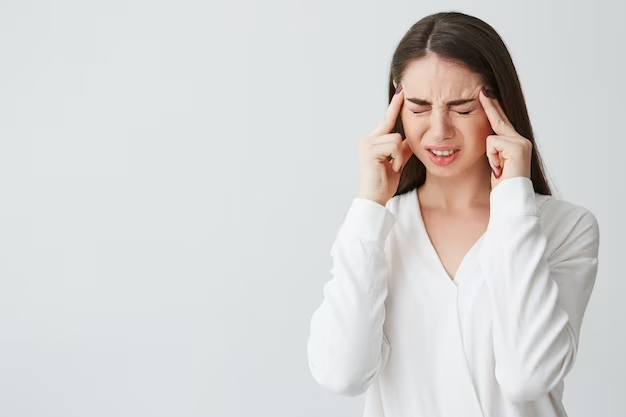Many types of vegetables are available to taste in the winter season. But there are some vegetables which are seen a lot in this season. One of these vegetables is green peas which are made every other day in some homes. Fiber, protein, antioxidants, vitamins A, E, D, C, and K, and compounds like choline, pantothenic acid, and riboflavin are found in green peas, which prove to be beneficial for health. But do you know that if these nutritious peas are consumed excessively, then it has a bad effect on health? Especially if uric acid is already increased in your body, then you should consume peas in very limited quantities. We are going to tell you how the consumption of peas harms health. Let's know...

Delayed wound healing
Green peas are a good source of Vitamin K. But the excess of Vitamin K in the body not only dilutes the blood but also reduces platelets. Due to this, there can be a hindrance in wound healing and early repair of tissue. Apart from this, the consumption of peas can be harmful to people who have sensitive stomachs, have stomach ulcers, or have problems like blood clots, and thrombophlebitis.
Weight may increase
As such, green peas are known to control cholesterol and blood sugar levels. Let us tell you that fiber makes your bowel movements easy and prevents you from eating untimely. But the protein and carbs present in green peas can also increase your weight and obesity. In such a situation, to avoid the problem of obesity and increasing weight, green peas must not only be cooked well. Rather it should be kept soaked for some time before cooking.
Diarrhea problem
Excessive consumption of peas can cause abdominal pain and bloating. This can cause a gas problem. Peas contain a lot of carbohydrates. It is not easily digested by eating large amounts of peas and the lectin present in peas works to increase inflammation in the stomach. Consuming peas in excess can also cause diarrhea.
The problem of arthritis flourishes
Protein, amino acids, fiber, and vitamin D are found inside green peas which are beneficial for bones. But when green peas are consumed in excess, the problem of gout arises, and there is severe pain in the joints. This condition later takes the form of arthritis. Let us tell you that excessive consumption of peas leads to excessive flow of uric acid in the body, which the kidney becomes unable to expel through the bladder. The same situation also happens due to excessive consumption of pulses and beans.

Contains antinutrients
Anti-nutrients like citric acid and lectins are found inside green peas. It hinders the absorption of nutrients in the body. Due to this, there can be a deficiency of zinc, iron, and magnesium in the body. Due to this, a person can also become malnourished. Along with this, the consumption of more green peas is also harmful to the good bacteria of the intestine.
Gas problem
People who have problems with gas or bloating in the stomach should avoid consuming green peas. The carbohydrate content in green peas is high. Apart from this, the sugar present in it is not easily digested by the person's digestive system. This is the reason why green peas do not get digested easily if consumed in excess. Due to this problems like gas, constipation, bloating, and flatulence can occur in the stomach.
Do not allow complete nutrients to reach the body
The phytic acid and lectins found in green peas hinder the absorption of nutrients. They also cause digestive problems. The phytates present in them deplete minerals like zinc, magnesium, and iron in the body. Because of this, there may be a deficiency of essential nutrients in the body. It also affects the immune system and increases the chances of bacteria in the body. That's why eating peas in large quantities should be avoided.

Kidney problems
Consumption of green peas should be avoided for kidney-related problems. Due to the high amount of protein in green peas, there is an effect on the functioning of the kidney. In such a situation, excessive consumption of green peas can cause kidney-related problems. This is the reason why kidney patients are advised to consume peas in limited quantities.










